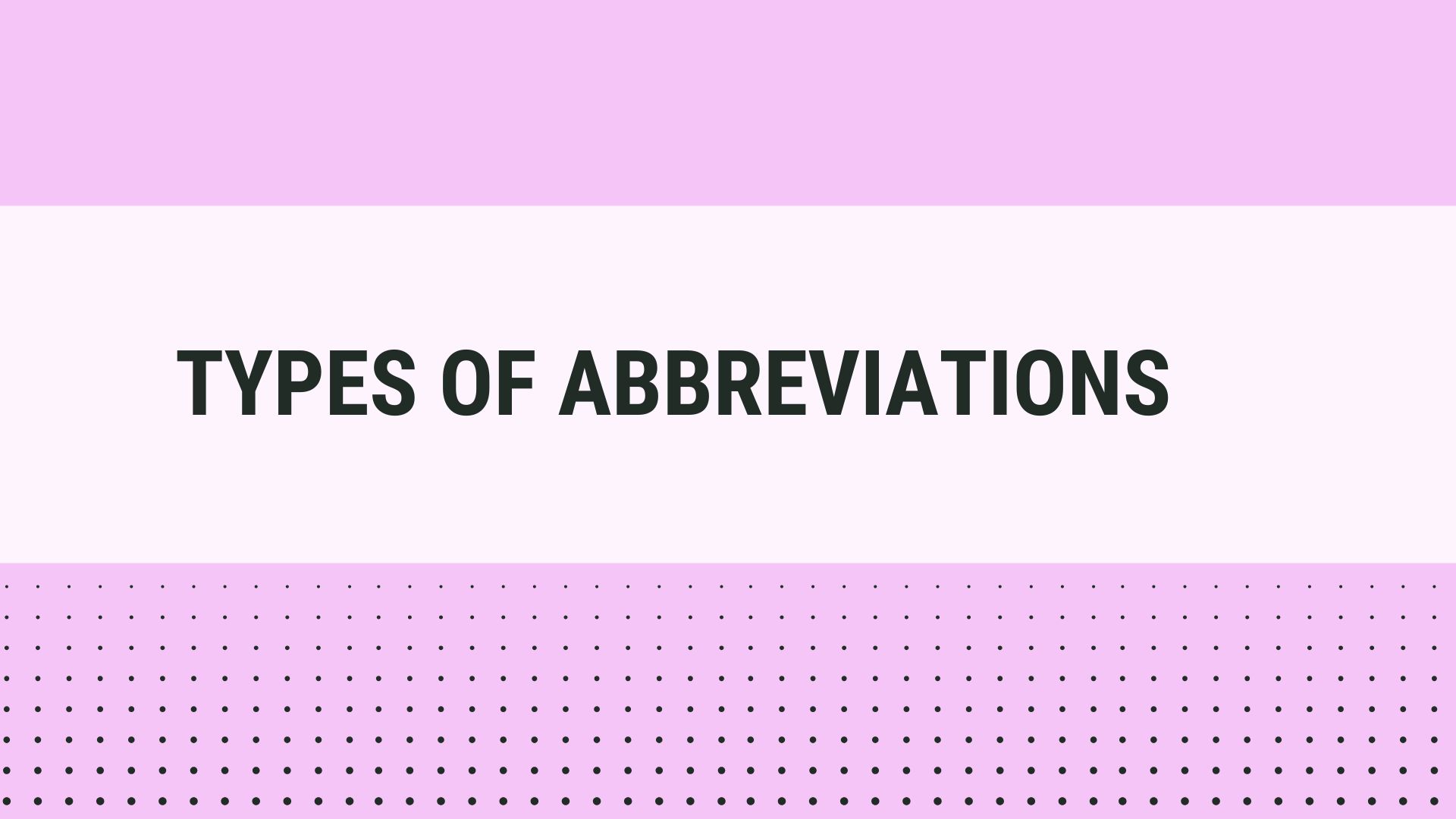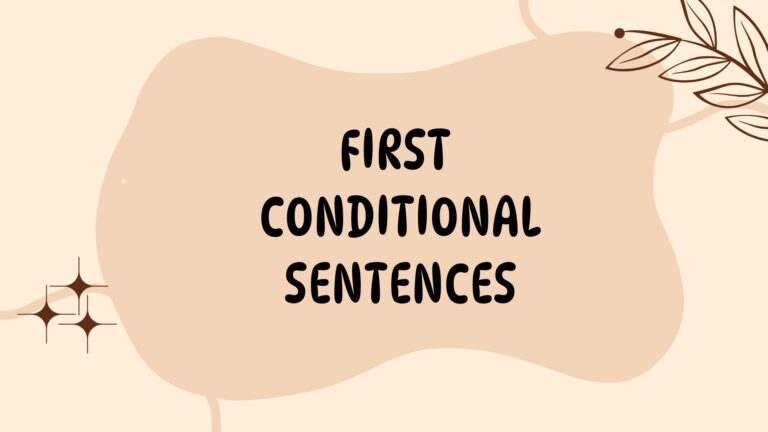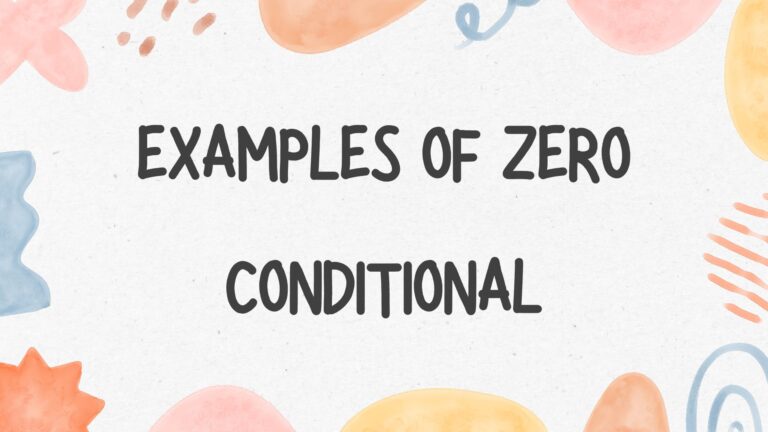Types of abbreviations to Know
Abbreviations are everywhere — in texts, emails, books, and signs. They help us save time and space by shortening long words or phrases. Understanding these can make your writing clearer and help you decode messages faster. This article lists types of abbreviations in basic details.
Types of Abbreviations
Proper detail is given below:
1. Acronyms
Acronyms are formed from the first letters of a phrase and are pronounced as a word.
Examples:
NASA (National Aeronautics and Space Administration)
SCUBA (Self-Contained Underwater Breathing Apparatus)
RADAR (Radio Detection and Ranging)
2. Initialisms
Like acronyms, initialisms use the first letters of words, but each letter is pronounced separately.
Examples:
FBI (Federal Bureau of Investigation)
ATM (Automated Teller Machine)
USA (United States of America)
3. Contractions
Contractions shorten words or phrases by omitting some letters and replacing them with an apostrophe.
Examples:
Don’t (Do not)
I’m (I am)
Can’t (Cannot)
4. Clippings
Clippings are abbreviations where a longer word is shortened by cutting off one or more syllables, without using apostrophes.
Examples:
Lab (Laboratory)
Phone (Telephone)
Ad (Advertisement)
5. Symbols
Symbols are characters or signs that represent words or ideas, often replacing whole words or parts of them.
Examples:
& (and)
@ (at)
% (percent)
Why Do Abbreviations Matter?
Using the right type of abbreviation helps your writing flow better and keeps your message clear. Whether you’re texting friends, writing a report, or reading instructions, knowing these types makes communication smoother.






